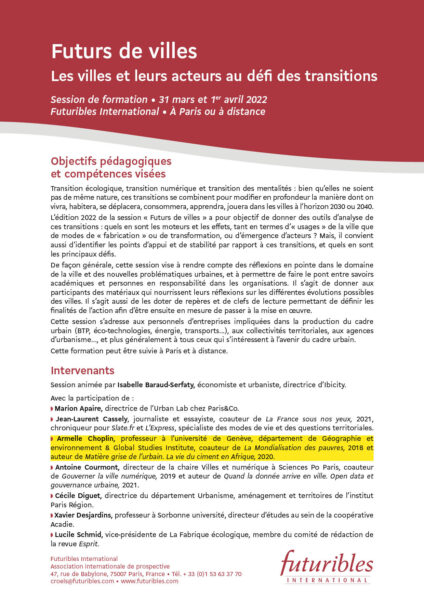Thomas Piketty’s Capital in the Twenty-First Century was first published in France in late 2013. However, it was not until spring of 2014, after the success of the English-language edition in the USA, that it came to prominence in the French media —though not without sparking controversy among Gallic commentators and economists. This substantial tome of almost a thousand pages, replete with statistical data ranging over long stretches of time, is a continuation of Piketty’s earlier work on high incomes in France (the book which largely made his reputation), but focussed in this instance on historic international trends with regard to income from capital.
Geneviève Schméder has read the book for Futuribles and outlines some of its major lessons for us here, beginning with its central finding that the distribution of wealth increasingly favours the owners of capital (income from capital is increasing more and quicker than income from work) and, among those who own capital, it is the tiny minority of the “ultra-rich” who have seen their wealth grow the most. In this situation, inequality is increasing and it is hard to see how the trend toward concentration of wealth at the top of the pyramid can be reversed. As Geneviève Schméder points out, above and beyond his economic analysis Thomas Piketty asks two fundamental political questions. What are the dangers for democracy of wealth being monopolized in this way? And at what levels of inequality will citizens feel moved to rebel?



